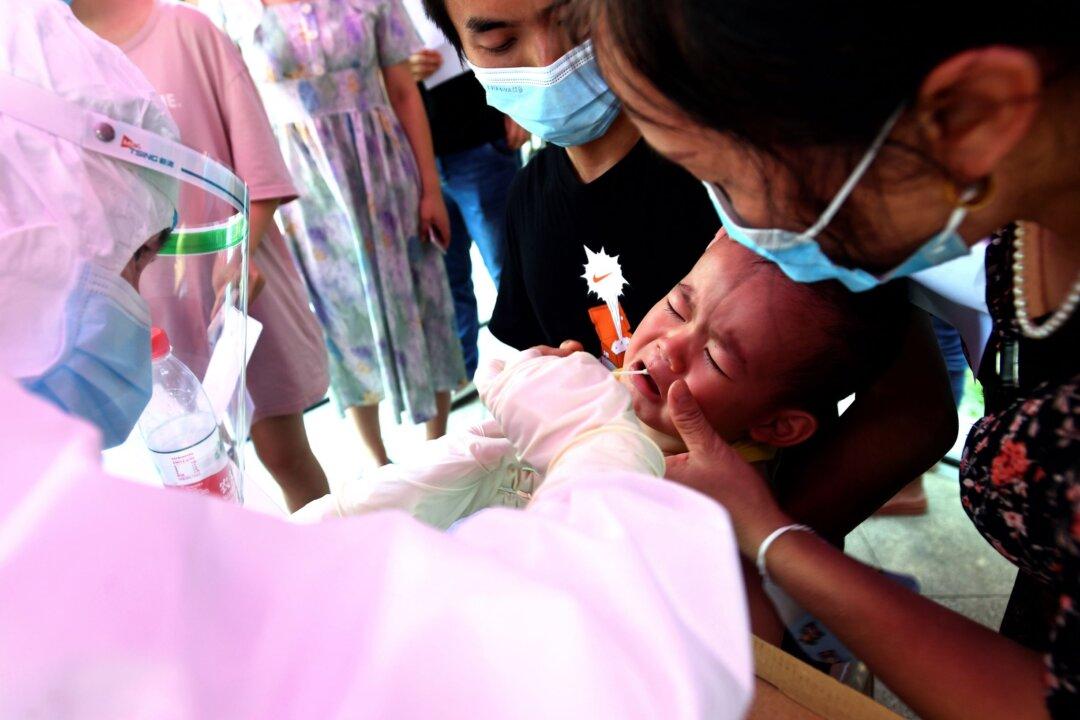China suspended air and train travel, canceled professional basketball league games, and announced mass CCP virus testing in Wuhan on Tuesday as widening outbreaks of the delta variant reached the city where COVID-19 was first detected in late 2019.
While the total number of cases is not reliably known, they are far more widespread than anything China has dealt with since the initial outbreak that devastated Wuhan in early 2020 and over time spread to the rest of the country and the world.




